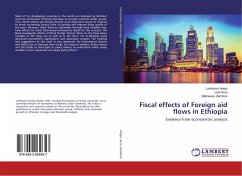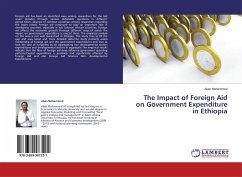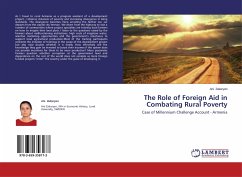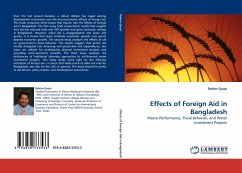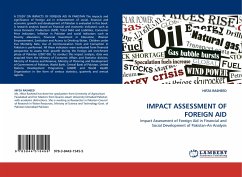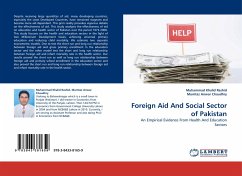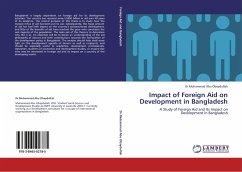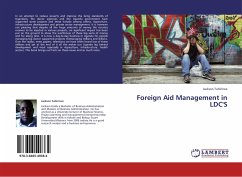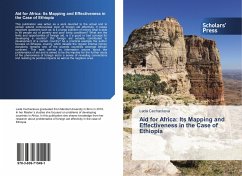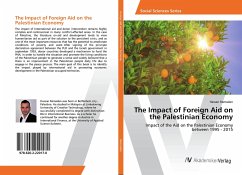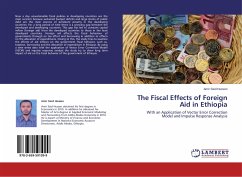
The Fiscal Effects of Foreign Aid in Ethiopia
With an Application of Vector Error Correction Model and Impulse Response Analysis
Versandkostenfrei!
Versandfertig in 6-10 Tagen
27,99 €
inkl. MwSt.

PAYBACK Punkte
14 °P sammeln!
Now a day unsustainable fiscal policies in developing countries are the main concern because sustained budget deficits and large stocks of public debt are the main sources of persistent poverty in the developing countries. For a long period of time there is a growing gap between the developed and developing countries. This gap has led to constant capital inflow (foreign aid) from the developed countries to those in the least developed countries. Foreign aid affects the fiscal behaviour of governments through on tax effort and borrowing in addition to effects on the allocation of expenditures. ...
Now a day unsustainable fiscal policies in developing countries are the main concern because sustained budget deficits and large stocks of public debt are the main sources of persistent poverty in the developing countries. For a long period of time there is a growing gap between the developed and developing countries. This gap has led to constant capital inflow (foreign aid) from the developed countries to those in the least developed countries. Foreign aid affects the fiscal behaviour of governments through on tax effort and borrowing in addition to effects on the allocation of expenditures. Owing to this, the study tries to examine the effects of aid inflows on the government fiscal behavior, such as, taxation, borrowing and the allocation of expenditure in Ethiopia. By using a time series data with the application of Vector Error Correction Model (VECM) and impulse response analysis the study try to show long term impact of aid on the fiscal behavior of the government of Ethiopia.



